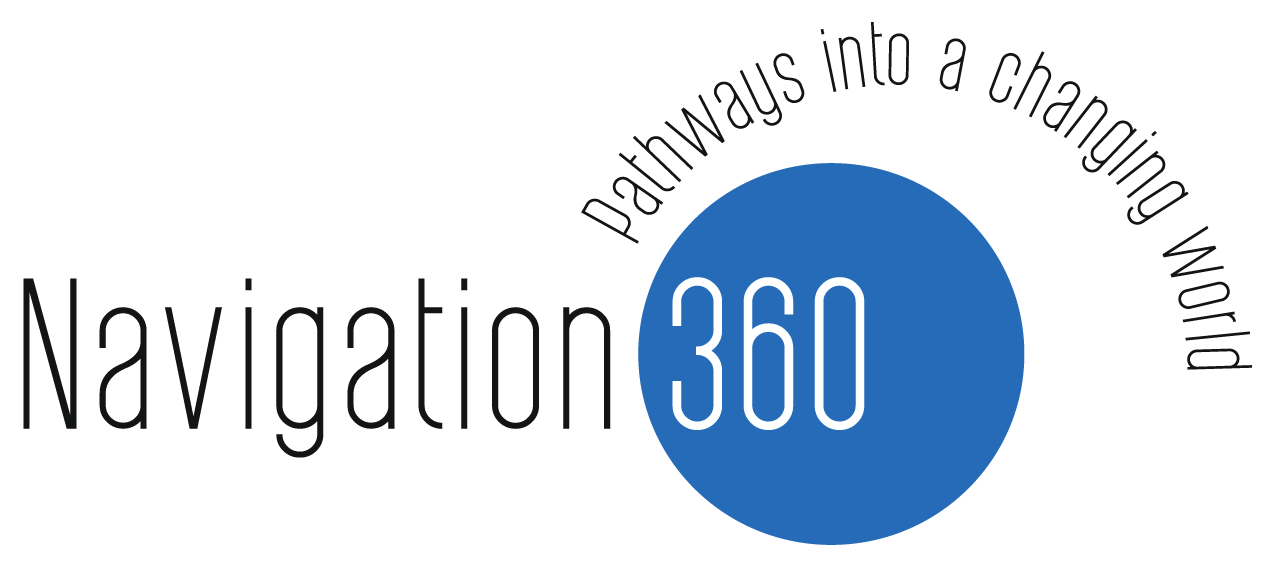WHY NAVIGATION360?
The world around us is changing rapidly, in technological, climatological, geo-political, security and economic terms. All of that in turn will have impact on how we create ‘society’. ‘Complexity’ is a term increasingly used to describe the character of the situations we face.
While there is still much in our daily lives that we can do on a routine basis, we increasingly have to expect the unexpected: it can come in the form of an extreme weather event, an out-of-control bushfire, a bomb at the airport or on the train, a financial crash, a sudden change in policy priorities, our job being relocated to a lower cost country or our programme disrupted by an outbreak of violence. Many people in the world live daily with a high level of uncertainty. Others will have to get used to this again. Unpredictability is a hallmark of this early 21st century reality.
We have much better technology, yet cannot always afford to run on automatic pilot. Continuing with ‘business as usual’ may see us survive another few years, but at the risk of becoming less relevant and increasingly vulnerable. Yet there are no easy answers. We have to navigate into poorly charted waters, with maps that may not be entirely reliable. We will have to search to find the pathways that can take us forward. And sometimes we will have to create these pathways as we go along, testing and experimenting. This can be somewhat frightening. But it also revitalises us with the energy, curiosity and courage of the many historical explorers and contemporary entrepreneurs and innovators who venture forth into the unknown.
No Global Positioning System can replace fundamental characteristics that the modern navigator needs as much as the historical ones:
An open mind set - A willingness to explore, to test, to learn, also from failures.
Comfort with a higher degree of risk - Risk avoidance may or may not be embedded in our genes, but in today’s world we cannot be guaranteed the levels of protection that some of us have become used to.
Perseverance - Achievement, success can come eventually, sometimes only after a long and arduous journey in which there were several setbacks, some serious perhaps. We can adjust but should not abandon the policy, the organisational change, the programme, the personal development journey too quickly.
Constant scanning of the changes in the environment, rapid learning and adaptation, and innovation are personal and organisational skills increasingly required. But fast response has to remain combined with thoughtfulness and longer-term thinking.
Ready to collaborate - The challenges that matter are too big and complex for one team or organisation to tackle alone. Moreover, many stakeholders want to have a say in what is being done about issues that concern them. Collaboration, coalitions, networks, partnerships, are the new ways of working. 'Power with' is stronger than 'power over'.
Self-development - Any such journey will be a learning experience, and only those willing to learn, including about themselves, will do well on it.
A cohesive, capable and reliable crew or team - While the captain may have to be the role-model, there will be too many challenges to rely on one person only. We need to draw on the collective experience, talent and creativity of all.
If you are ready for navigation, I can accompany you on part of your journey.
“PLAN FOR SAILBOATS, NOT FOR TRAINS”

